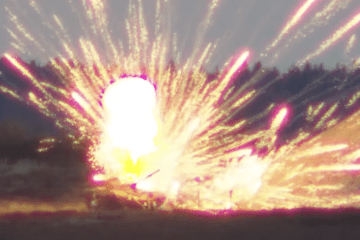EU member states approved a new set of sanctions against Russia, focusing for the first time on its profitable liquefied natural gas (LNG) sector.
This was stated by the Belgian Presidency of the Council of the EU on X (Twitter).
🇪🇺 EU Ambassadors just agreed on a powerful and substantial 14th package of sanctions in reaction to the Russian aggression against Ukraine.
— Belgian Presidency of the Council of the EU 2024 (@EU2024BE) June 20, 2024
This package provides new targeted measures and maximises the impact of existing sanctions by closing loopholes.
“This hard-hitting package will further deny Russia access to key technologies. It will strip Russia of further energy revenues,” wrote President of the EU Commission Ursula von der Leyen.
The 27 EU countries have been discussing the sanctions package for over a month. On Friday, June 14, they were unable to reach a consensus on imposing new sanctions on Russia’s liquefied natural gas sector due to Germany’s opposition.
However, the restrictions on LNG stop short of a complete import ban, similar to what the EU imposed on coal and seaborne oil, which are significant revenue sources for Moscow.
EU companies will be permitted to buy Russian LNG but will be barred from re-exporting it to other countries, a practice known as transshipment.
The Centre for Research on Energy and Clean Air (CREA), estimates that in 2023 EU paid €8.3 billion for 20 billion cubic meters of Russian LNG. About 22% of these supplies were trans-shipped globally.
-f88628fa403b11af0b72ec7b062ce954.jpeg)

-72b63a4e0c8c475ad81fe3eed3f63729.jpeg)

-111f0e5095e02c02446ffed57bfb0ab1.jpeg)


